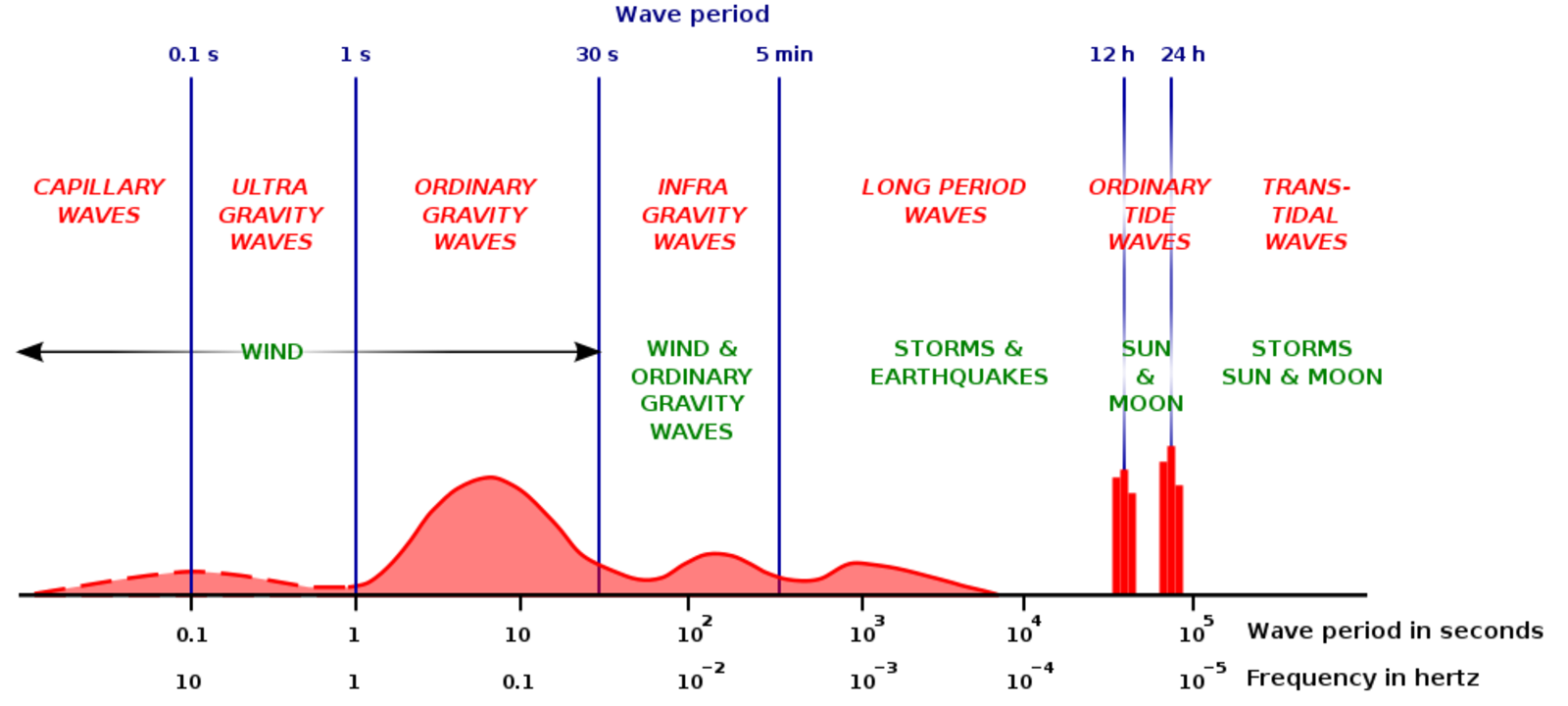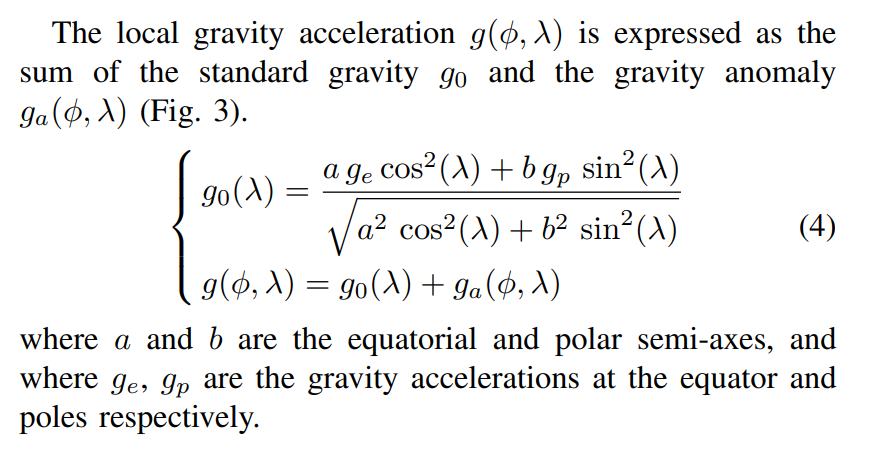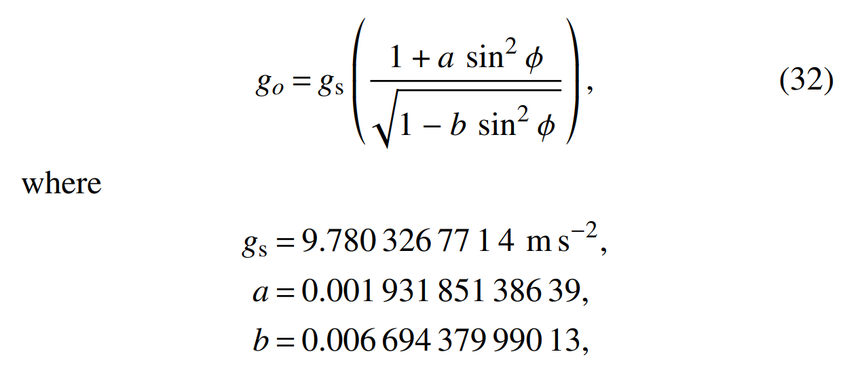21
Flat Earth Investigations / Re: Physicist Brian Cox on Universal Acceleration
« on: June 01, 2025, 09:34:19 PM »Quote from: Longtitube
Frankly, the wiki gets this bass ackwards. It also mentions a fictitious "vibrating gravity theory" – where did that derp come from?
That is expressly described in the Wiki. The gravimeter is a seismometer which is detecting "gravity waves". Immediately prior to the Corrections for Latitude section there is the section Gravity Wave Theory
Quote
Gravity Wave Theory
A study titled Seafloor Compliance Observed by Long-Period Pressure and Displacement Measurement uses gravimeters to study the gravity of the ocean. On p.2, para.4 its authors call the gravimeter a long-period seismometer.
“ We have collected vertical compliance data using a gravimeter (long-period seismometer) and a differential pressure gauge ”
On the same page we read about the theory behind the measurements:
We see that the theory behind the measurements involve the theories of "Gravity Waves" and "Infragravity Waves". Wikipedia describes them as:
https://en.wikipedia.org/wiki/Gravity_wave“ In fluid dynamics, gravity waves are waves generated in a fluid medium or at the interface between two media when the force of gravity or buoyancy tries to restore equilibrium. An example of such an interface is that between the atmosphere and the ocean, which gives rise to wind waves.
A gravity wave results when fluid is displaced from a position of equilibrium. The restoration of the fluid to equilibrium will produce a movement of the fluid back and forth, called a wave orbit.[1] Gravity waves on an air–sea interface of the ocean are called surface gravity waves or surface waves, while gravity waves that are within the body of the water (such as between parts of different densities) are called internal waves. Wind-generated waves on the water surface are examples of gravity waves, as are tsunamis and ocean tides. ”
https://en.wikipedia.org/wiki/Infragravity_wave“ Infragravity waves are surface gravity waves with frequencies lower than the wind waves – consisting of both wind sea and swell – thus corresponding with the part of the wave spectrum lower than the frequencies directly generated by forcing through the wind.
Infragravity waves are ocean surface gravity waves generated by ocean waves of shorter periods. The amplitude of infragravity waves is most relevant in shallow water, in particular along coastlines hit by high amplitude and long period wind waves and ocean swells. Wind waves and ocean swells are shorter, with typical dominant periods of 1 to 25 s. In contrast, the dominant period of infragravity waves is typically 80 to 300 s,[1] which is close to the typical periods of tsunamis, with which they share similar propagation properties including very fast celerities in deep water. This distinguishes infragravity waves from normal oceanic gravity waves, which are created by wind acting on the surface of the sea, and are slower than the generating wind. ”
Essentially, the "Gravity Waves" are slight motions and vibrations picked up by the gravimeter (seismometer). A chart is provided, showing the frequencies that the winds and tides appear in:
In line with the previous seismometer section, the tides appear on the low frequency bands.
This isn't the direct measurement of gravity that you want this to be. The unit of measurement is hertz (hz). These are tiny vibrations, hence the many references that gravimeters are seismometers and that seismometers can detect gravity.






